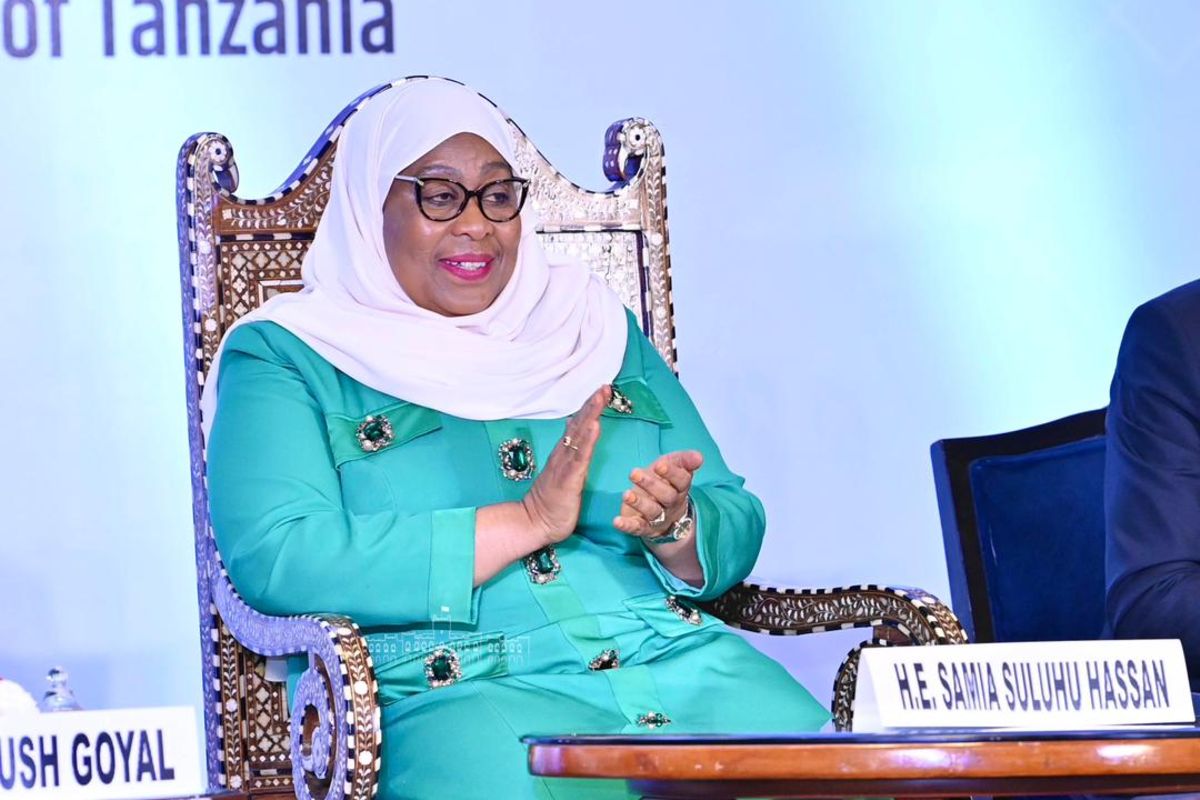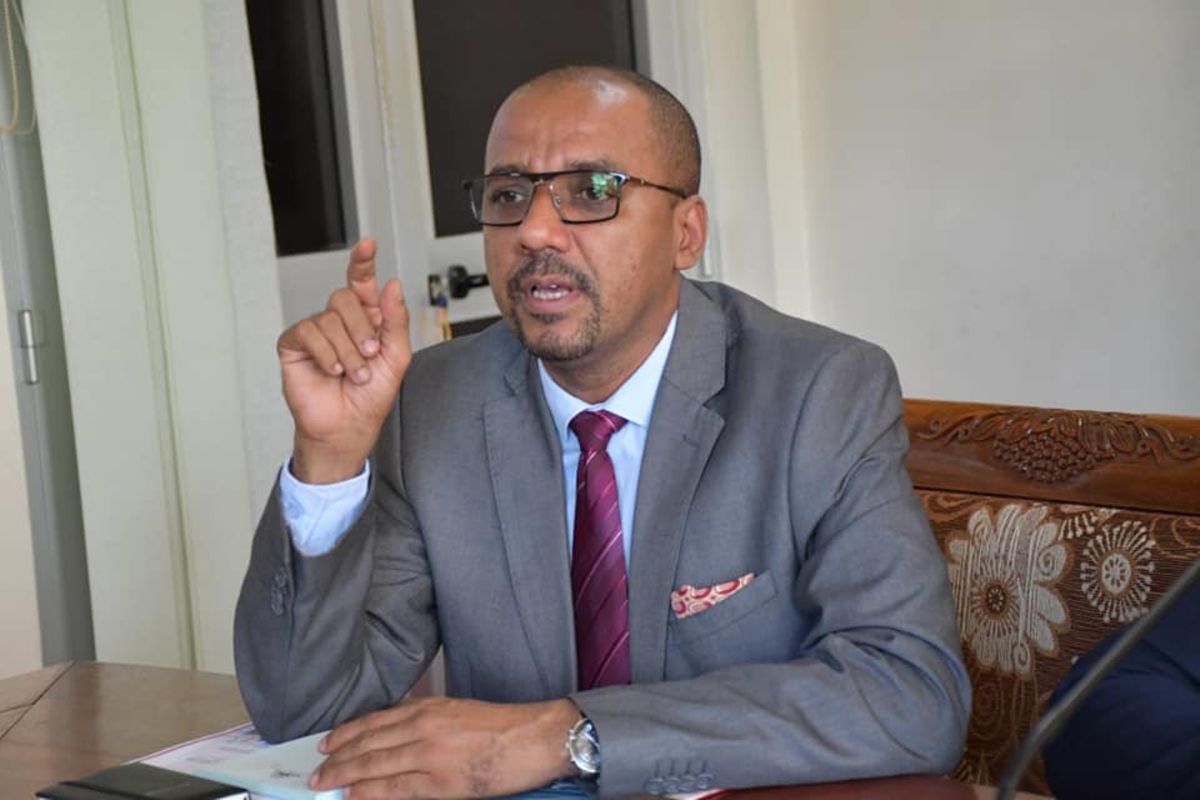
Dodoma. President Samia Suluhu Hassan is set to officially launch the National Cooperative Bank (NCB), a new financial institution aimed at addressing the challenges faced by the agricultural sector, especially the lack of access to capital and financial services that are tailored to the specific needs of the market and agricultural behavior in Tanzania.
Agriculture Minister Hussein Bashe announced the launch on Thursday, April 10, 2025, highlighting that one of the major issues plaguing the sector is the unavailability of capital.
He further revealed that President Hassan had prioritised ensuring that capital is made readily available to the agricultural sector.
Mr Bashe referred to the former Cooperative Bank, which was rebranded as CRDB after ceasing operations due to various challenges, including the failure of cooperatives.
He pointed out that, in recent years, many banks, including cooperative ones, have collapsed.
However, following President Hassan’s directives, efforts were initiated to establish the National Cooperative Bank.
“This initiative will succeed. On April 28, 2025, President Samia Suluhu Hassan will officially launch the bank, which will start with four branches, and all major cooperative societies will serve as agents of the bank,” said Mr Bashe.
He further elaborated that these cooperative societies will assist in banking activities such as opening accounts, and processing deposits and withdrawals, all in line with the regulations set by the central bank.
Mr Bashe emphasized the need for a financial institution that understands the agricultural market and the behavior of farmers, stating that while farmers generate substantial income for the country, the financial systems have often failed to meet their unique needs.
“The financial system must understand the farmers. This bank is here to address that gap,” stated Mr Bashe.
Regarding the ownership structure of the bank, Mr Bashe noted that 51 percent of the shares will be owned by major cooperative societies, Savings and Credit Cooperative Societies (SACCOs), and Agricultural Marketing Cooperative Societies (AMCOs). The remaining 49 percent will be owned by other stakeholders.
The bank’s headquarters will be located in Dodoma, and the first phase will include branches in Mtwara, Kilimanjaro, and Tabora.
The second phase of expansion will cover the Kagera, Mwanza, Dar es Salaam, Mbeya, and Katavi regions.
“This was President Hassan’s dream – to see empowerment grow. The bank will not be established to harm commercial banks. It will be launched with a capital of Sh55 billion,” Bashe added.
In a significant move, Bashe announced that all major crop buyers, including those dealing with coffee, tobacco, and cashew, will be required to open accounts with the NCB to obtain operational licenses.
A farmer from Kongwa, Arodia Azack, expressed support for the government’s decision, highlighting that the bank is particularly beneficial for small-scale farmers who have previously struggled to access loans from financial institutions due to the lack of collateral.














